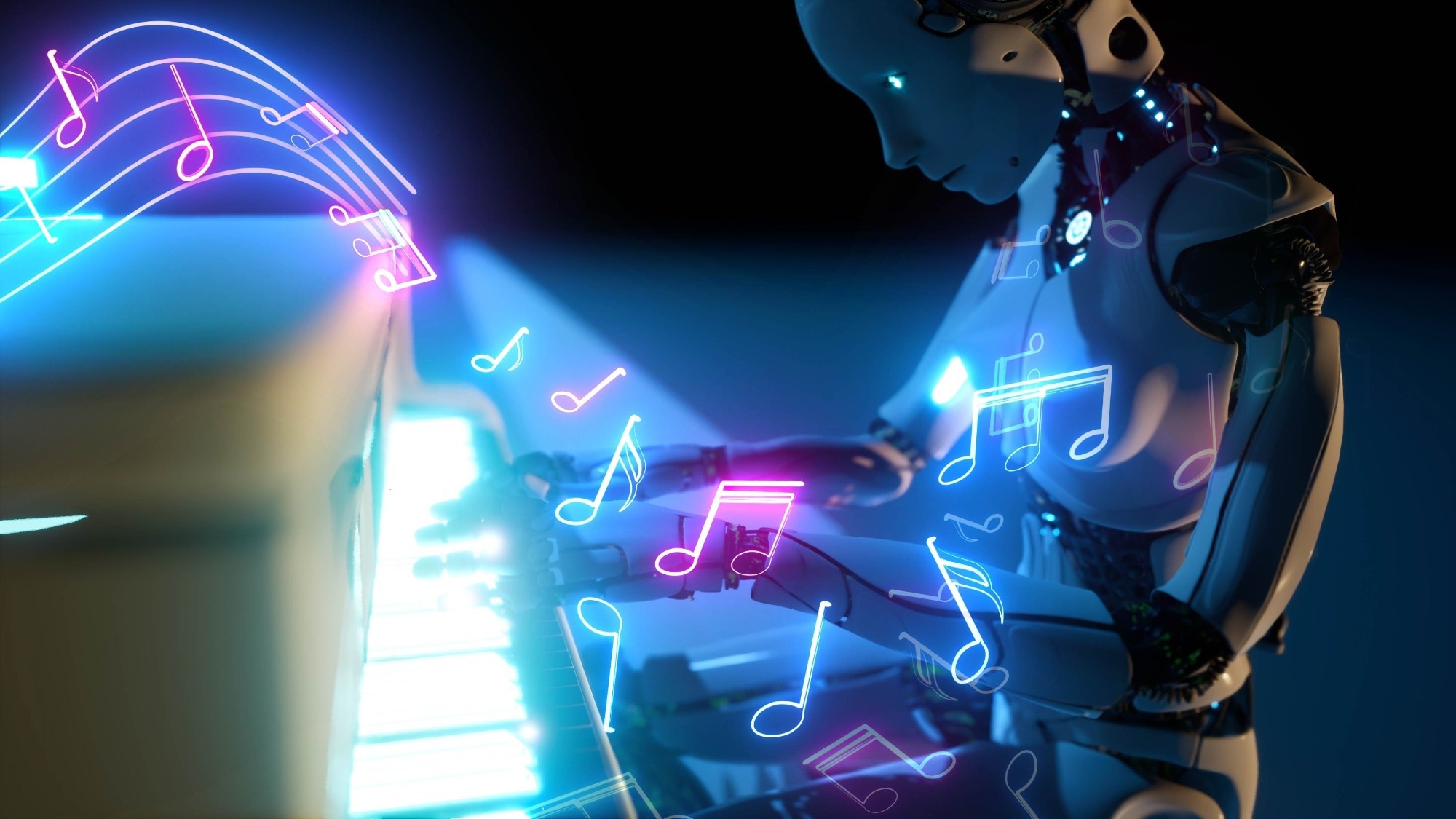As generative AI reshapes the global music industry, a new legal paper calls for urgent reforms to protect creators, encourage fair licensing, and ensure African voices help shape the future of music innovation.

Research: Past Precedent, Future Proof: Toward a New Legal and Commercial Framework for AI-Generated Music. Image Credit: Something Special / Shutterstock

 *Important notice: SSRN publishes preliminary scientific reports that are not peer-reviewed and, therefore, should not be regarded as definitive, used to guide development decisions, or treated as established information in the field of artificial intelligence research.
*Important notice: SSRN publishes preliminary scientific reports that are not peer-reviewed and, therefore, should not be regarded as definitive, used to guide development decisions, or treated as established information in the field of artificial intelligence research.
Generative AI models create music by large-scale ingestion of copyrighted works to produce new audio, melodies, lyrics, and vocal likenesses. They also distribute music through licensed, data-driven personalised listening experiences. New AI systems are evolving faster than existing legal and technical infrastructures can adapt, backed by powerful investors and integrated into global consumer platforms. How, then, can AI platforms and the music industry co-exist without ending up in the courtrooms?
A Legal Framework for AI-Generated Music
A new paper by Charles Goldstuck, published on the Social Science Research Network, takes the position that if copyright law, case law evolution, and public policy do not evolve to accommodate the structural changes posed by AI music, the creative economy will be absorbed into an opaque, unregulated system in which human authorship is significantly devalued.
Finding a Path Forward
“The task ahead is not to resist AI, but to ensure that it evolves within a multi-stakeholder governance framework that protects creative labour, enables innovation and scales with the velocity of the disruption. AI services and human content creators must coexiscoexistoth be allowed to thrive,” says the author of the paper, Charles Goldstuck, a trailblazer in the global music industry, and a PhD candidate at the University of the Witwatersrand, in Johannesburg. “This paper explains why we must find a mutually beneficial path forward in which the music industry and AI platforms resort to negotiated settlements and collaboratively develop new licensing agreements.”
Who Should Read This Paper
This paper is a must-read for anyone interested in Generative AI in Music, Music Copyright Law, AI Copyright Litigation, Creative Economy Governance, Copyright Settlements, and Licensing Frameworks.
Africa's Role in Shaping AI Music
Goldstuck adds: “It is important for the African music industry, artists and academics to take their seat at the global AI table so that the cultures and diversity of 1 billion people on the continent are aptly represented and remain at the forefront of this global discussion. This is just one way in which we are driving involvement from Africa in the global music industry.”
The AI & African Music Project
Another project supported by Goldstuck is the AI & African Music project, which aims to build new futures for AI in music, shaped by African sounds, language, and innovation. The project is hosted by the Wits Innovation Centre (WIC) in partnership with the Machine Intelligence and Neural Discovery (MIND) Institute at the University of the Witwatersrand (Wits).

 *Important notice: SSRN publishes preliminary scientific reports that are not peer-reviewed and, therefore, should not be regarded as definitive, used to guide development decisions, or treated as established information in the field of artificial intelligence research.
*Important notice: SSRN publishes preliminary scientific reports that are not peer-reviewed and, therefore, should not be regarded as definitive, used to guide development decisions, or treated as established information in the field of artificial intelligence research.
Source:
Journal reference:
- Preliminary scientific report.
Goldstuck, Charles, Past Precedent, Future Proof: Toward a New Legal and Commercial Framework for AI-Generated Music (August 15, 2025). DOI: 10.2139/ssrn.5393574, https://ssrn.com/abstract=5393574